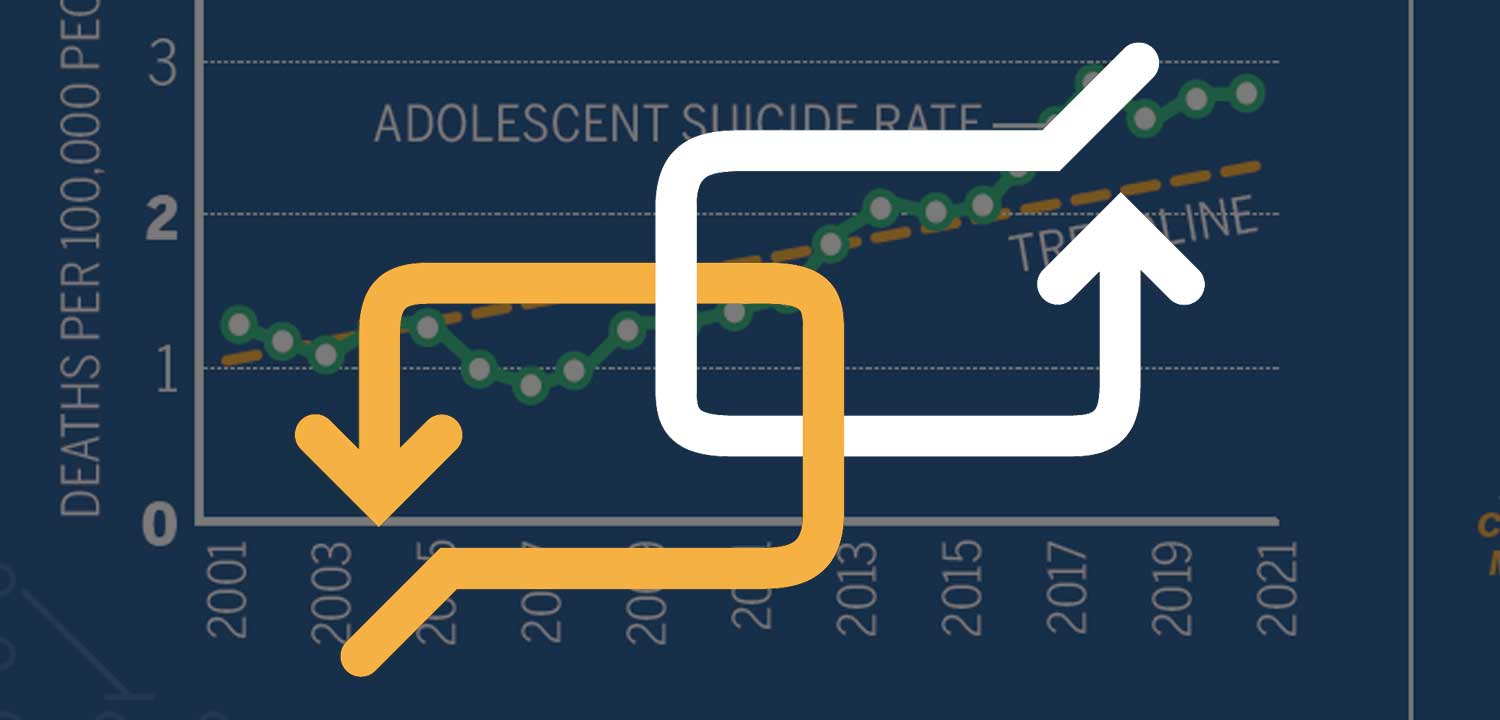CTS Featured in Indiana Mental Health Playbook
Christian Theological Seminary is honored to have contributed and be specifically highlighted in the Playbook for Enhancing Indiana’s Mental and Behavioral Health Workforce (the Playbook), published by the Bowen Center for Health Workforce Research & Policy in June 2024. This comprehensive guide, developed in partnership with key figures from CTS and many central Indiana institutions, addresses the critical mental health workforce shortages in Indiana and offers strategic recommendations to alleviate these challenges. The Bowen Center, part of the Indiana University School of Medicine, embarked on this crucial project with the support of Lilly Endowment seeking to understand and find resolutions to the persistent mental health workforce issues exacerbated by the COVID-19 pandemic.
Dr. Hannah Maxey, Director of the Bowen Center, highlights the significance of the Playbook for Indiana. She explains that the Lilly Endowment was deeply concerned about the enduring shortage of mental and behavioral health clinicians in the state. The pandemic not only heightened the need for mental health services but also magnified the existing workforce shortages, making it difficult for even those who could afford to pay for services to find available clinicians.
The Playbook underscores a critical reality: untreated mental illness is placing immense strain on Indiana’s communities. Recent estimates reveal that the societal costs of untreated mental illness in the state reach a staggering $4.2 billion annually. This figure, while impactful, only begins to scratch the surface of the true human cost. Mental illness affects every corner of Indiana, touching lives in profound ways. For example, suicide is the leading cause of death among adolescents aged 10–14, reflecting the severe toll on our youth. Additionally, 54% of Hoosiers aged 12–17 with depression did not receive any mental health care in the past year, leaving many young individuals without the support they need. The situation is equally dire for adults, with 345,000 individuals in Indiana who require mental health care not receiving it. This shortage of care is exacerbated by a persistent lack of mental health professionals, with all 92 counties in Indiana having federally designated shortages of these critical workers. Addressing these gaps in mental health care is essential not only to mitigate economic costs but also to address the profound personal and communal impacts of untreated mental illness.
The project aimed to understand the entire pipeline from postsecondary education to full independent practice for licensed behavioral and mental health professionals in Indiana. It involved a thorough analysis of each step in this process, from education and residency to graduation and clinical supervised experience required for independent licensure. The Bowen Center engaged with academic institutions, licensees, public policy experts, employers, and state agencies to identify trends, barriers, and opportunities to strengthen the programs and, consequently, Indiana’s workforce.
CTS’s Counseling Center Director Bryan Votaw, Vice President of Academic Affairs & Dean of the Faculty Dr. Francisco Lozada, Jr., and Assistant Professor of Clinical Mental Health Counseling & Director of the Clinical Mental Health Counseling Program Dr. Nicole Robertson played integral roles in this project. Their input and expertise were crucial in answering research questions and providing insights during the development of the Playbook. CTS was identified as an institutional best practice due to its unique model of integrating education, clinical experience, and community outreach, which sets it apart from many other institutions.
Dr. Maxey specifically highlighted CTS’s comprehensive approach to training and providing clinical experience within the community. This model not only prepares students for their professional roles but also serves the community’s mental health needs directly, making it a standout example in the Playbook. Dean Lozada represented CTS at an event at Lucas Oil Stadium where he addressed the significance of CTS’s contributions and the broader implications of the Playbook’s recommendations.
The Playbook outlines several recommendations to address the mental health workforce shortages in Indiana, categorized under four main categories:
- Secure the Pipeline: This includes strategies to ensure data is available on the training to practice pipeline and to increase awareness about mental and behavioral health career paths. It also seeks to reduce training deserts by increasing training opportunities in underserved areas, ensuring that all communities have access to qualified mental health professionals.
- Strengthen Clinical Training to Practice: This recommendation seeks to strengthen clinical training partnerships so that trained graduates can enter counseling practice. CTS was recognized for its exemplary practice in this area. The Playbook emphasizes the importance of partnerships that provide comprehensive training and practical experience, similar to the model employed by CTS.
- Align Education, Policy, and Practice: Recommendations in this category focus on enhancing clarity on the licensure process by creating a liaison for the state licensing board, as well as ensuring postsecondary education is providing training in alignment with allotments included in state policy and new state initiatives focused on evidence-based practice.
- School-Based Behavioral Health Workforce – Ongoing Recommendations and Future Studies: Given the increasing mental health challenges among youth and the rising rates of suicide, the Playbook advocates for leveraging partnerships with schools to provide accessible mental health services to students in crisis. The state needs to keep a finger on the pulse of school-based behavioral health as we move towards mental health solutions.
The Playbook is designed to be a living document, with plans for continuous updates and future studies. One such study identified is the need to examine compensation and career outlooks in the mental health field, as lower wages in behavioral health positions have been recognized as a barrier to attracting and retaining qualified professionals.
The release of the Playbook marks the beginning of a new phase of action. The Bowen Center is now working with legislators and organizations to implement the recommendations and drive meaningful change. This collaborative effort aims to move the needle on mental health workforce shortages and improve access to mental health services across Indiana.
The inclusion of CTS in the Mental Health Playbook is a testament to the institution’s pioneering efforts in mental health education and counseling services. The Playbook not only highlights the challenges and opportunities within Indiana’s mental health workforce but also underscores the critical role that institutions like CTS play in addressing these issues. As we move forward, CTS remains committed to its mission of transforming lives through compassionate care and inclusive education, contributing to a healthier and more equitable future for all.
For more information on the Playbook, you can review the full document here.






